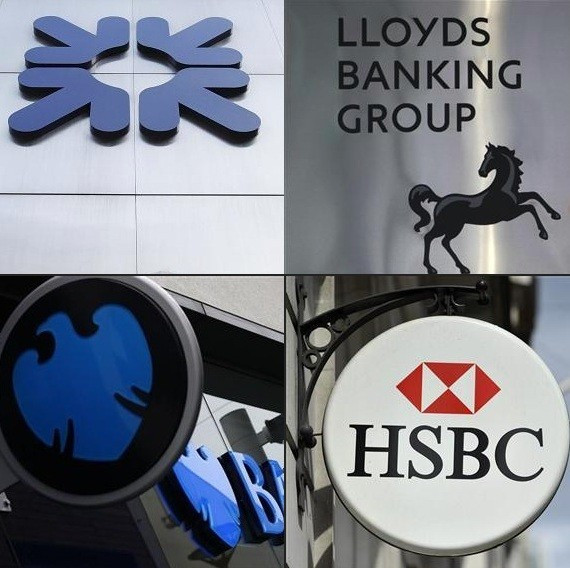Mis-Selling Derivatives: FSA Finds 90% Pilot Scheme Cases Mis-Sold

Britain's financial watchdog has warned the country's biggest banks that they face significant costs and potential fines related to the mis-selling of interest rate products to small and medium-sized firms.
A pilot scheme that examined the sale of 173 so-called interest rate swap agreements (IRSAs) to British firms found that at least 90 percent of those did not comply with at least one or more regulatory requirements, the Financial Services Authority said in a statement on its website.
The watchdog also warned that a "significant" number of cases are likely to result in redress to the customer who was sold the product.
"This marks significant progress in our review of these products. We believe that our work will ensure a fair and reasonable outcome for small and unsophisticated businesses," said Martin Wheatley, the CEO-designate of the Financial Conduct Authority which will takeover the FSA's review on 1 April.
"Small businesses will now see the result of the review as the banks look at their individual cases. Where redress is due, businesses will be put back into the position they should have been without the mis-sale. But it is important to remember that this review is firmly focused on the particular circumstances of each sale. These will determine whether there were failings in the sales process and, if so, whether redress is due," he adds.
Barclays, HSBC, Lloyds and RBS will also now start a full review of their sales of interest rate hedging products, confirmed the regulator.
While some 40,000 interest rate swap agreements (IRSA) sold to UK businesses are said to be eligible for review, the pilot scheme was aimed at assessing a select number of cases in order to test the range of disputes and assess the scale of redress owed to customers who were mis-sold these complex derivatives.
Following the statement, the banks are now expected to contact the respective businesses who have been test cases under the pilot scheme.
IRSAs are contracts between a bank and its customer where typically one side pays a floating, or variable, rate of interest and receives a fixed rate of interest payments in exchange.
They're used to hedge against extreme movements in market interest rates over a given period. Companies that have seen the value of these products move against them as rates fell during the recession, now owe banks crippling sums of money in interest payments each year.
Since the review, IBTimes UK has reported that a number of businesses have looked to bypass the FSA review, because the scheme gives too much power to the banks.
This week, independent lobby group Bully-Banks hit back at Britains biggest banks, after reports surfaced that the firms mounting an attack on their new regulator in order to ward off a huge compensation bill related to the mis-selling of interest rate derivatives.
© Copyright IBTimes 2025. All rights reserved.






















